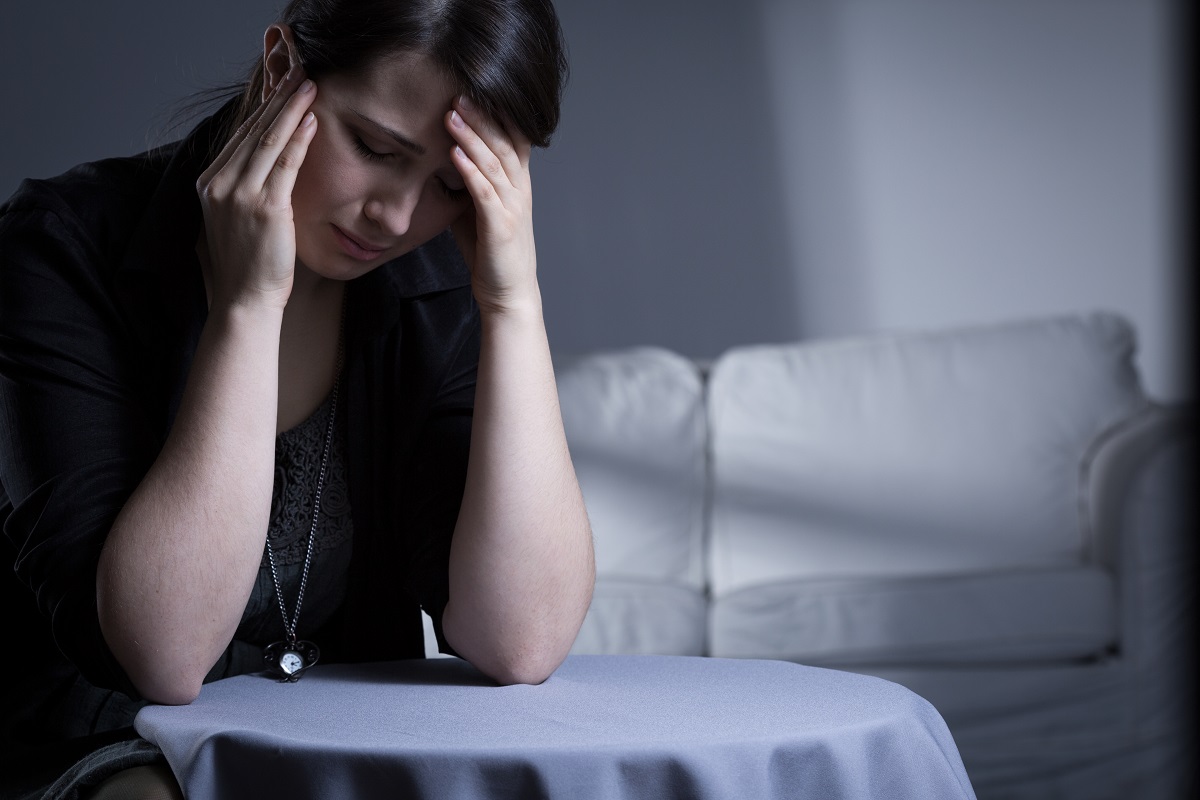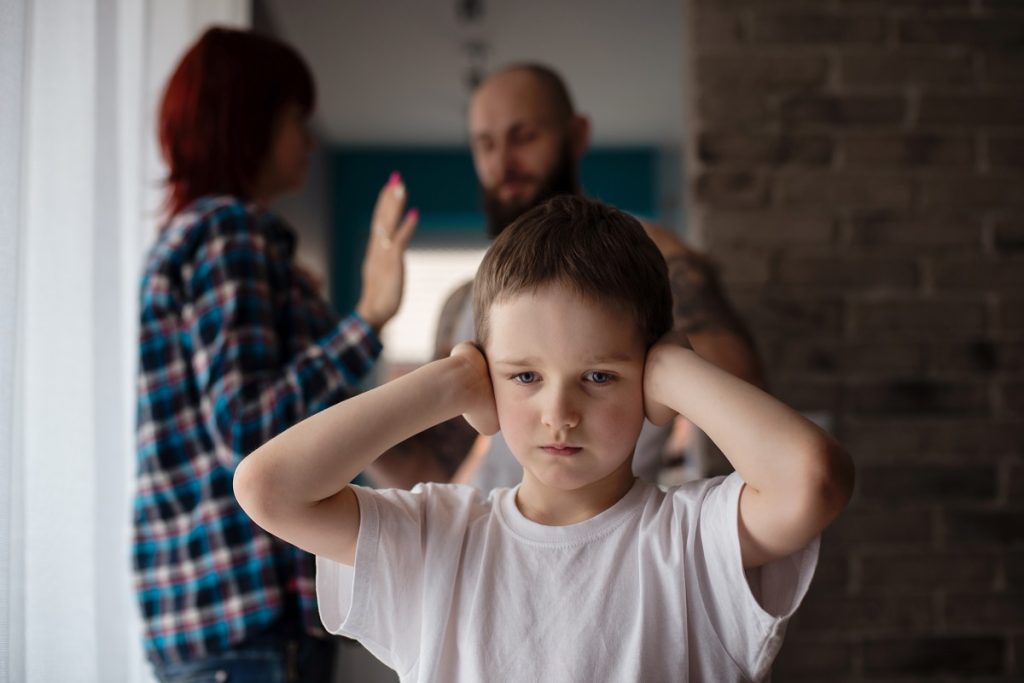- U.S. domestic abuse involves physical, emotional, and sexual aggression and controlling behavior.
- Psychological effects of abuse include identity loss, trust issues, anxiety and depression, and chronic dependency.
- Knowledge of legal rights and finding support from lawyers, therapists/support groups, family & friends are essential for recovery.
- Self-care, such as healthy meals, exercise, rest & hygiene, can help to relax the mind and promote healing.
- Recovery from domestic abuse is possible with the right resources and taking care of both mental and physical health.
Domestic abuse is one of the most common tragic circumstances affecting women worldwide. The effects of domestic violence go beyond the physical aspects and extend into the psychological realm, where the unseen damage can be far more long-lasting. Here’s what you need to know about domestic abuse in the U.S., how it affects a woman’s psyche, and tips to help you recover and strengthen yourself against abuse.
Domestic Abuse in The U.S.
It’s estimated that someone experiences domestic abuse every 20 minutes. It’s a sad truth that within the U.S., domestic abuse is a common occurrence, with 1 in 3 women feeling its effects. Domestic abuse can come in many forms – physical, emotional, and sexual – and often includes controlling behavior, such as restricting access to money.
Psychological Effects of Abuse
The psychological damage caused by domestic violence is often much more challenging to identify than physical damage. Here’s what you need to know about it:

Loss of Identity
Domestic violence is often associated with repeatedly belittling the victim, undermining their ability to make choices and control their lives. In the long run, this weakens their sense of identity and self-worth, making them feel small and inadequate. Consequently, victims of domestic abuse often lose their sense of self and individuality.
Trust Issues
Assuming you have suffered abuse from somebody close to you, it takes a toll on your trust. When this event becomes a traumatic experience, it can prove challenging to confide in or trust someone, often leading to relationship difficulties.
Anxiety and Depression
It comes as no surprise that domestic abuse can have lifelong effects on depression and anxiety disorders. Constantly living in fear for their lives or the lives of their loved ones, women’s domestic abuse can be life-altering. Depression, post-traumatic stress disorders (PTSD), and panic attacks are everyday psychological struggles women experience due to domestic violence.
Chronic Dependency
Chronic dependence is a debilitating psychological state that many women living with domestic abuse suffer from. It is characterized by an inability to cope with or adjust to life circumstances independently and instead rely on their abuser for emotional and physical support. Victims of domestic abuse often become trapped in this cycle since leaving the abuser can mean losing their emotional and financial security source. Consequently, chronic dependence develops over time as the woman’s sense of self-worth is eroded, and her confidence in her agency is diminished.
The effects of chronic dependence are far-reaching, impacting mental and physical well-being. Victims may experience severe anxiety, depression, post-traumatic stress disorder (PTSD), insomnia, addiction issues, eating disorders, and a range of physical health problems such as headaches, stomach pain, and muscle aches due to prolonged stress. Women may develop Stockholm Syndrome—a condition in which victims sympathize with their abusers—which further reinforces this cycle of dependence.
How to Recover and Strengthen Yourself Against Abuse
There are various ways you can recover and strengthen yourself against abuse. Here are five ways that can help you out:
Know a Lawyer

You must know a legal professional who can help you. An experienced domestic violence lawyer can help you in two ways. First, they can provide you with resources and advice on how to stay safe and handle your situation. Second, they can help you through the legal process if you pursue action against your abuser.
Learn Your Rights
Knowledge of your rights is essential to protect yourself from abuse. Educate yourself about the laws in your state and what actions you can take should your abuser violate them. This knowledge will empower you and encourage other women in similar situations to come forward and seek assistance.
Find a Therapist or Support Group
A support system is essential for recovering from trauma caused by domestic violence. Consider joining a therapy group or finding an experienced therapist dealing with abuse victims. It is also beneficial to reach out to organizations and shelters that focus on helping victims of domestic violence.
Reach Out To Family and Friends
A support system is essential for recovering from trauma caused by domestic violence. Reach out to your family, friends, or colleagues who can provide emotional support and understanding during this difficult time. Consider joining a therapy group or finding an experienced therapist dealing with abuse victims if needed.
Take Care Of Your Health
Your physical health is just as important as your mental health when it comes to recovery from domestic abuse. Be sure to take care of yourself by eating healthy meals, exercising regularly, getting adequate rest, and maintaining good hygiene. You can also participate in yoga, meditation, and mindfulness activities to help you relax and clear your mind.
Recovery from domestic abuse can be a long process but one that is essential for the healing process. You can recover and learn to embrace life again with the right resources and support system. Taking care of yourself mentally and physically will help you move forward with strength and resilience.

